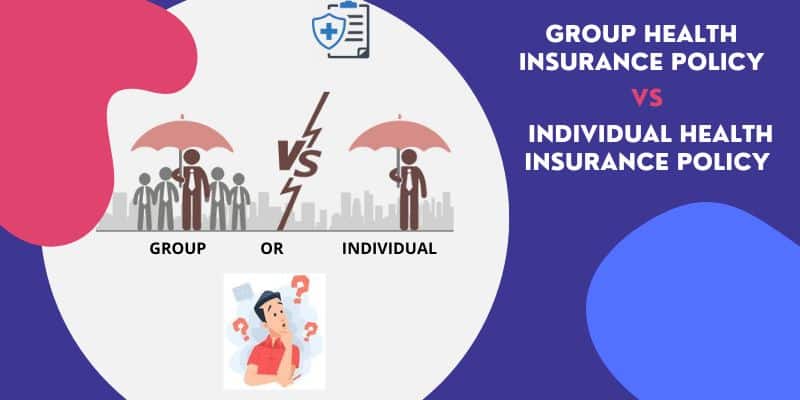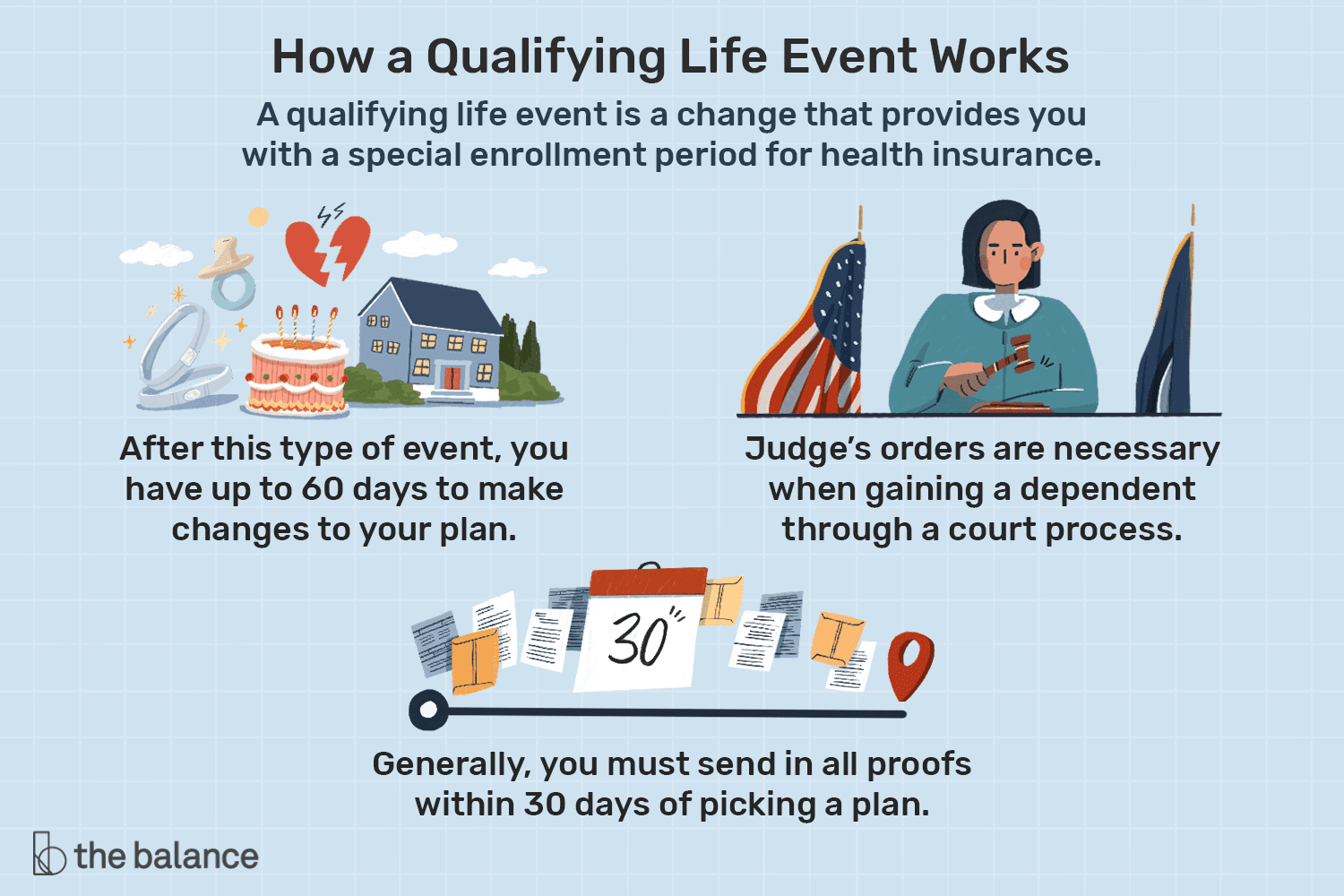
Employers who want to take back control of their benefit program are increasingly choosing self-funded insurance plans. These plans offer a good alternative to traditional health plans that are fully insured. They also have many advantages including lower administrative expenses, greater flexibility when designing the plan and more financial accountability.
What Is a Self Insured Health Plan?
Self-insured health plans are arrangements in which an employer pays for medical services with a combination its own funds and the contributions of enrollees. These funds will be deposited into a special trust account to cover claims. An employer will typically use a broker or TPA to oversee the process and make sure the plan is right for employees and business budget.
What is a Self Funded Insurance Plan?
A self funded insurance plan is a program of medical, dental and eye care benefits where the employer pays for health services with their own money. It is an excellent option for small businesses as it allows them control their costs. You can use it to cover dependents of employees that do not have any other coverage options, like Medicare or Medicaid.

What Is A Self-Funded Plan of Medical Care?
A health insurance plan which combines the employee-sponsored component of self-insurance with a contract for group coverage with an external carrier. A TPA is often contracted by the employer to handle administration of the self insured components.
Administrative costs of the employer are similar to those of fully-insured plans. The only difference in billing is that claims for self-funded plans are not billed annually, but rather month to month. These monthly costs include the administrative fees, stop-loss premium and the variable cost of healthcare care, known as the claims expense.
Shock Claim Risks are Real in Self-Funding
Shock claims are claims so large that they can derail an independent plan. These large claims can easily exceed half a million dollars for a single individual's healthcare treatment over the course of several years. Shock claims can also have a major impact on the employer's financial outlook, as they can drain the company's reserves and cause it to experience negative cash flow.
Understanding Self-Funded Health Insurance
While self-funded healthcare plans can be beneficial, they're not for everyone. The risk of high-cost claims is a concern for all employers, and it is important to consider the pros and cons before selecting a plan.

A self-funded health plan enables the employer to choose the most effective benefit package for its workforce, reducing costs and improving overall employee wellness. It also allows the employer to be more involved in the implementation of population management strategies, such as smoking cessation or weight loss programs. It is a great option for small and mid-sized businesses that want to control their employee's health costs while encouraging healthy behaviors and increasing the quality of care for their workers.